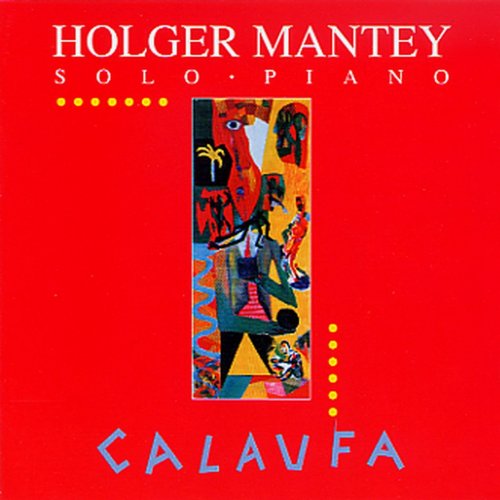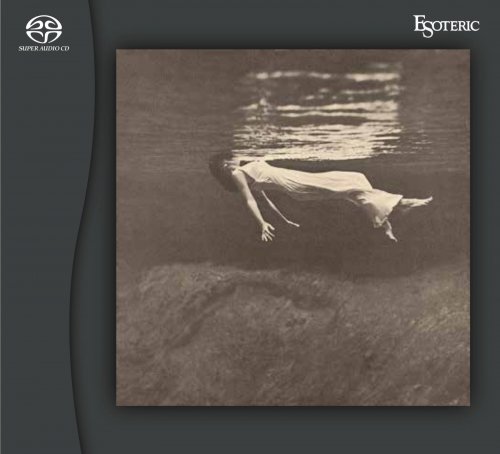Chor des Bayerischen Rundfunks, Symphonieorchester des Bayerischen Rundfunks - Musica Viva, Vol. 19: Adriana Hölszky (2014)
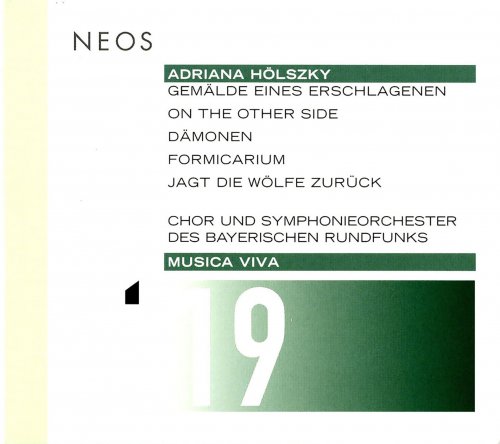
Artist: Chor des Bayerischen Rundfunks, Symphonieorchester des Bayerischen Rundfunks
Title: Musica Viva, Vol. 19: Adriana Hölszky
Year Of Release: 2014
Label: Neos
Genre: Classical
Quality: FLAC (tracks)
Total Time: 01:08:23
Total Size: 353 Mb
WebSite: Album Preview
Tracklist: Title: Musica Viva, Vol. 19: Adriana Hölszky
Year Of Release: 2014
Label: Neos
Genre: Classical
Quality: FLAC (tracks)
Total Time: 01:08:23
Total Size: 353 Mb
WebSite: Album Preview
Gemälde eines Erschlagenen (Adriana Holszky)
01. Gemälde eines Erschlagenen - 00:09:04
On the Other Side (Adriana Holszky)
02. On the Other Side - 00:15:57
Dämonen (Adriana Holszky)
03. Dämonen - 00:11:36
Formicarium (Adriana Holszky)
04. Formicarium - 00:18:42
Jagt die Wölfe zurück (Adriana Holszky)
05. Jagt die Wölfe zurück - 00:13:04
Performers:
Howard Levy (harmonica), Michael Riessler (clarinet), Jean-Louis Matinier (accordion)
Chor des Bayerischen Rundfunks, Symphonieorchester des Bayerischen Rundfunks, Percussion Ensemble Berlin, Gustaf Sjokvist, Martyn Brabbins, Florian Helgath
Adriana Hölszky, born in 1953 as a Romanian German in Bucharest, studied composition at the Music Academy there with Stefan Niculescu.
She moved to Stuttgart in 1976 where, alongside her concert activities as the pianist of the Lipatti Trio, she studied composition with Milko Kelmen.
In 1989 her opera Bremer Freiheit was given its world premiere at the Munich Biennale for contemporary music theatre. This was the road to success for Adriana Hölszky.
After having served as a professor of composition at the Music Academy in Rostock, Adriana Hölszky taught till november 2013 composition in Salzburg.
Hölszky’s works for choir often create a menacing atmosphere, focussing on the abysses of human existence - demanding the highest level of accuracy in artistic interpretation.
She moved to Stuttgart in 1976 where, alongside her concert activities as the pianist of the Lipatti Trio, she studied composition with Milko Kelmen.
In 1989 her opera Bremer Freiheit was given its world premiere at the Munich Biennale for contemporary music theatre. This was the road to success for Adriana Hölszky.
After having served as a professor of composition at the Music Academy in Rostock, Adriana Hölszky taught till november 2013 composition in Salzburg.
Hölszky’s works for choir often create a menacing atmosphere, focussing on the abysses of human existence - demanding the highest level of accuracy in artistic interpretation.

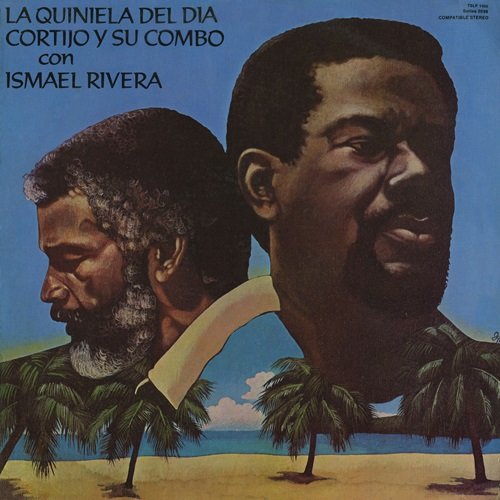
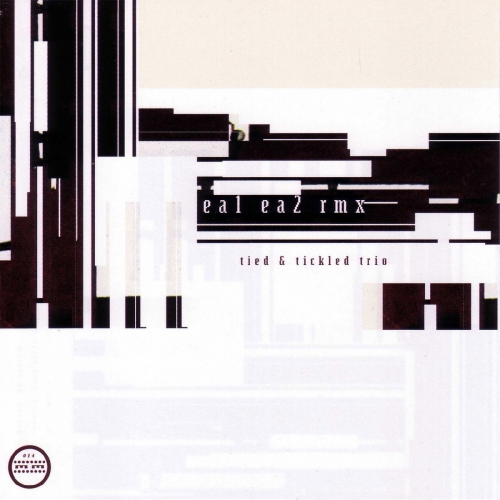
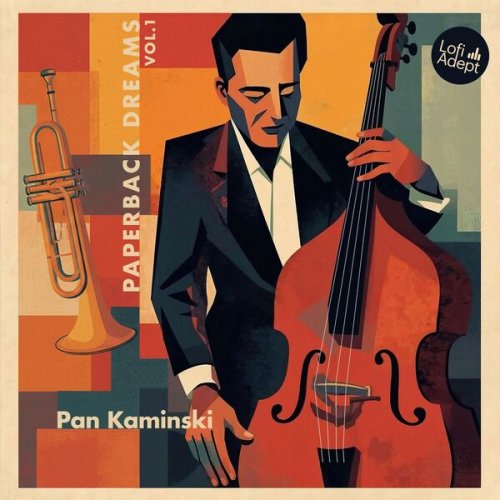

![Batila - In Light (2026) [Hi-Res] Batila - In Light (2026) [Hi-Res]](https://img.israbox.com/img/2026-02/23/8fny4jm9awckbp30f8iv1d4uv.jpg)

